As Boris eyes a Churchillian comeback, many Tories just see disaster
The minute he was ousted was the moment Boris Johnson thought he could return as PM for a second term. But even he would not have expected this.
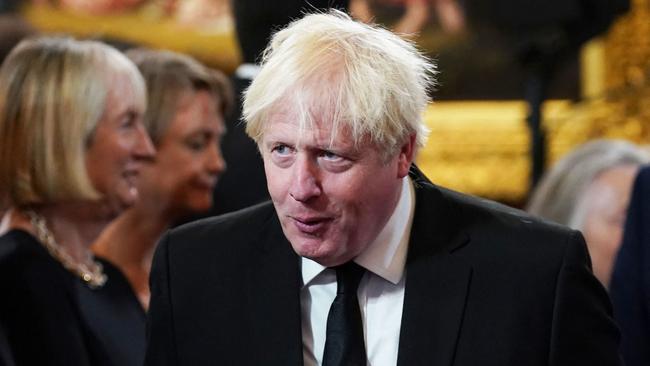
Bewildered by the backstabbing views of ambitious fellow MPs – perhaps the most vindictive among them being the supporters of his former chancellor Rishi Sunak – Johnson has always believed he could stage a political comeback like his hero and biographical subject, Winston Churchill.
But even Johnson, who was in the Caribbean this week making speeches for $300,000 a pop while the British economy faltered under PM Liz Truss’s uncosted, aggressive growth strategy, would not have expected to be cutting short his beach holiday with wife Carrie and their small children to return to the political fray.
Yet within half an hour of Truss’s resignation on Thursday lunchtime in London – no surprise after the unedifying scenes the night before when Tory MPs were allegedly manhandled and bullied into voting against a Labour motion on banning fracking, which became a quasi-confidence vote on the Truss administration – Johnson was taking “soundings” about the numbers in favour of his return to the leadership.
“He believes it is in the national interest”, says one of his political colleagues.
Some Tory MPs had been hoping to prop up Truss until at least October 31, when a mini-budget is to be handed down by the new Chancellor of the Exchequer Jeremy Hunt. It was expected to solidify his previously announced U-turns on tax, announcing more tax increases and spending cuts as the public battles a brutal cost-of-living crisis.
But such was the chaos of Wednesday night – with Truss conducting a 40-minute slanging match with then home secretary Suella Braverman (who later resigned) over immigration policy, and then having a furious set-to with the party whips over fracking – that it was clear Truss’s fragile leadership was no longer tenable.
She had become a figure of fun, rather than respect, after announcing dramatic government intervention into the cost of household energy, alongside tax cuts without any accompanying spending adjustments or budgetary scrutiny. That so spooked the markets that the cost of borrowings – for mortgages and government expenditure – soared.
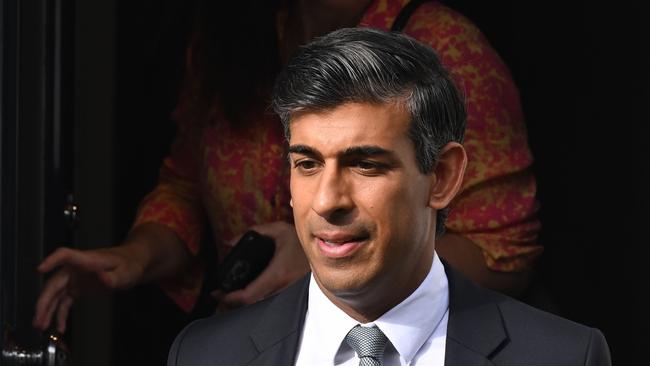
The Daily Star newspaper added to the humiliation by running a picture of a lettuce, which didn’t appear to have wilted at all, next to a photo of Truss, whose nickname is Lettuce Liz, asking who would last the longest.
Then after her resignation, social media lit up to mock her record of burying the Queen, the economy and the Conservative Party all in a matter of weeks.
In her resignation announcement outside 10 Downing Street, just 44 days after being elected, Truss said: “I cannot deliver the mandate on which I was elected by the Conservative Party.”
She said the new leader would be in place within a week – a stark contrast to the self-indulgent series of 12 hustings runoffs between herself and her opponent Sunak that took several months, even as the cost of living crisis deepened.
But any satisfaction for Sunak, installed as the bookies’ favourite because he had warned of the impending economic meltdown under Truss’s plans, was short-lived. Suddenly the gloomy prospect of another Tory leadership contest, albeit one that would be dramatically abbreviated, was electrified.
Some of his fellow MPs were aghast that Johnson – tainted by a personal tendency to bend the truth and facing an upcoming parliamentary standards inquiry into his behaviour – would countenance a move to reclaim the prime ministership.
But Johnson is favoured among the Conservative Party membership, and particularly by the enthusiastic so-called “Red Wall” MPs, who were voted into northern constituencies that had been lifelong Labour, on the back of Johnson’s Brexit boosterism.
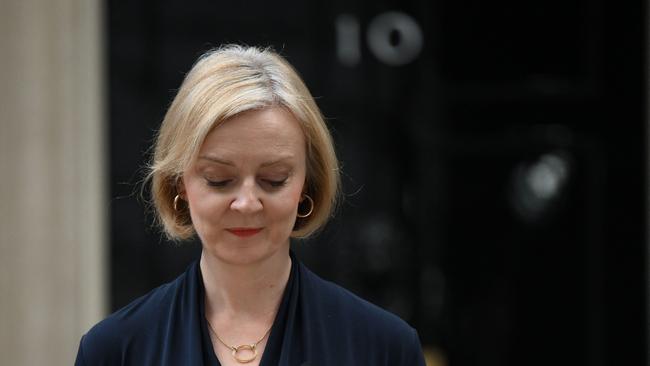
In the early hours of horsetrading, Sunak has already believed to have rebuffed Johnson to return to what was described as “the dream team” while others threatened to resign or cross the floor if Johnson made a return. Tory MP John Baron said: “I would find it impossible to serve under Boris.” While another described him as an “ego on sticks”, others believe he is their only chance of clawing back from the prospect of an election savaging.
One poll last week put Johnson’s support at 32 per cent of Tory members, while Sunak was well behind on 23 per cent. But as critics pointed out, those same Tory members were the ones who gave Truss the keys to power, and she swiftly crashed the economy.
British voters, disillusioned with the rancour and uncertainty, want some stardust to help restore some credibility to the political process, and to the country’s international standing.
As MP after MP faced the media interviewers in the central lobby of Westminster, the one thing all agreed on was the need for a “unity” candidate, though none could identify such a person.
Another emphatic chorus came from the opposition Labour Party, the Liberal Democrats and the Scottish Nationalists, who all demanded that a general election be called.
That is unlikely to happen any time before the 2024 due date, as the Tories still have a majority of more than 75 seats in the 650-seat House of Commons. Current polling shows an election would be so devastating to the Tories, having plummeted in popularity during the upheaval of the past few months, that they could end up with so few seats that they might not even be the main opposition party.
Election or not, the Tories must address a deep problem over the coming months that successive crises have unveiled: that they are a loosely connected rabble of intense, conflicting interests.
MPs have coalesced to various degrees around Brexit, anti-lockdowns, immigration, China, defence and energy positions. The far right, the centrists, the left wing, the Remainers, the European Research Group Brexiteers, the net zeros and One Nation (who are moderates and very different to Australia’s One Nation), intersect with the Common Sense Group of Tories, the anti-lockdown Covid Recovery Group and the Red-Wallers.
Shadow foreign secretary David Lammy was horrified that Johnson was even being mentioned as a potential candidate, asking “do we really want someone returning with a sleaze inquiry over his head?’’ Lammy added that it showed the Tory party had run out of ideas: “The idea three months later we should return to him is taking people for fools.”
The Tories’ backbench committee decided on the format for the fast-track election, which played into the hands of Johnson’s opponents. Under the new rules, a candidate for the leadership must have the signed backing of 100 MPs. This is five times the number required in the previous run-off and, as the Tories currently have 357 MPs, it means a maximum of three contenders, although possibly just one. If there are more than one, the candidates will be put to the Tory members for an electronic ballot, raising concerns about outside influence.
At the time or writing, no one had formally announced their candidature, although the names being bandied about were Johnson, Sunak, Braverman, leader of the house Penny Mordaunt, trade secretary Kemi Badenoch, former health secretary Sajid Javid, defence secretary Ben Wallace, newly appointed home secretary Grant Shapps and education secretary Kit Malthouse.
Johnson, while popular among the electorate, doesn’t have such strong internal support among MPs and might struggle to get the required 100 to force a vote of Tory members. If Johnson fails to get 100 signatures, he is likely to swing his support behind Mordaunt. But there are also potential backroom deals between the top names to form a winning ticket.
Senior Tory Roger Gale said: “We need to remember Mr Johnson is still under investigation for potentially misleading the House. Until that investigation is complete and he is found guilty or cleared, there should be no possibility of him returning to government.” Another Tory MP, Sir Robert Syms, tweeted: “Boris is a fantasy; the number for nomination will be lifted to limit runners and there will be massive pressure on the 2nd candidate in the MPs’ ballot to drop out.”
Fellow Conservative MP Justin Tomlinson said: “Boris is a one-off”, noting how he could carry the party at a peak, but stressing Tories “now have to get the best people, quickly”. He warned: This is the last-chance saloon.”
But if there is one trend to note, everyone – friends, foes and political opponents – was talking about Johnson, and very little about any of the others.


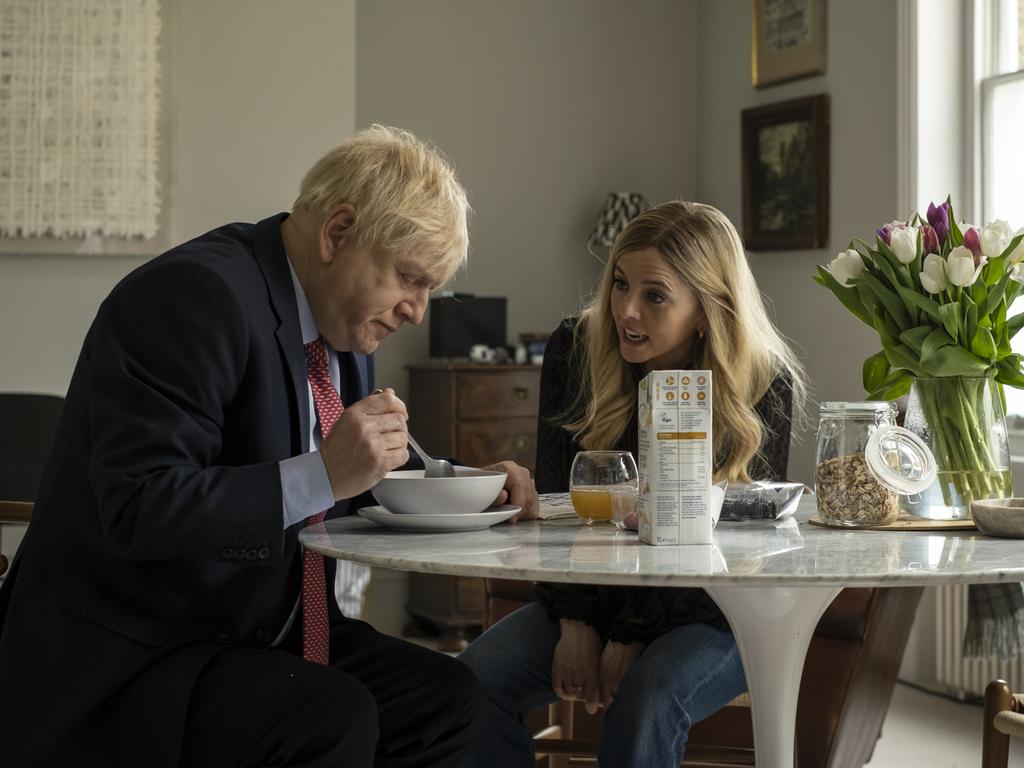
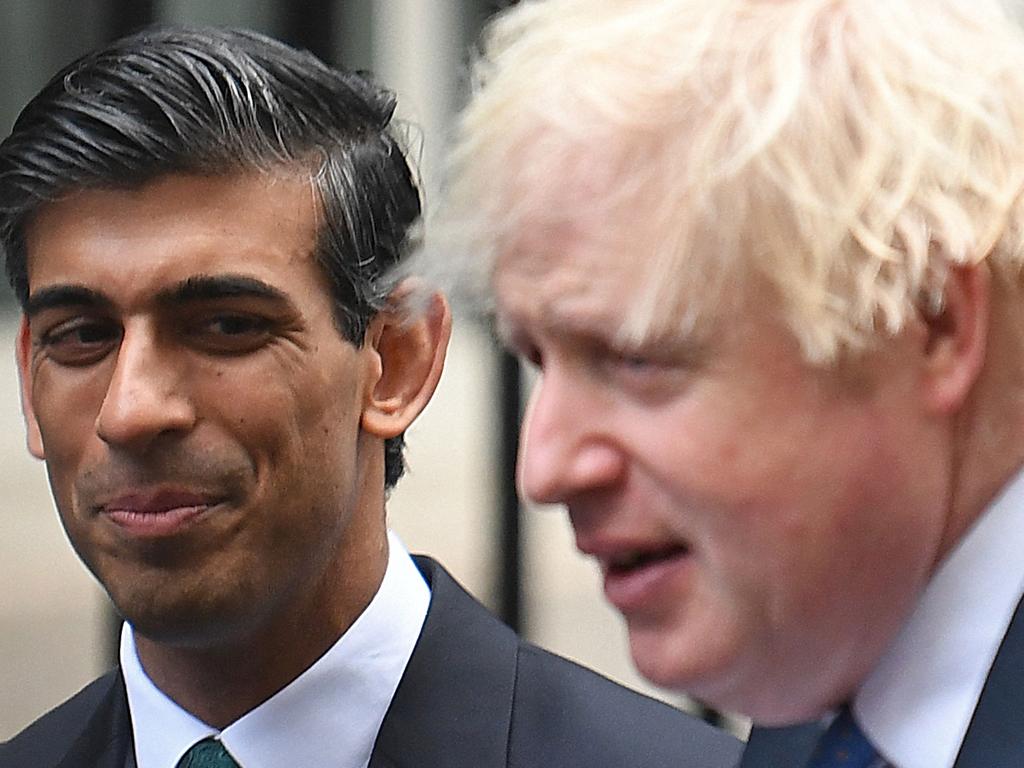
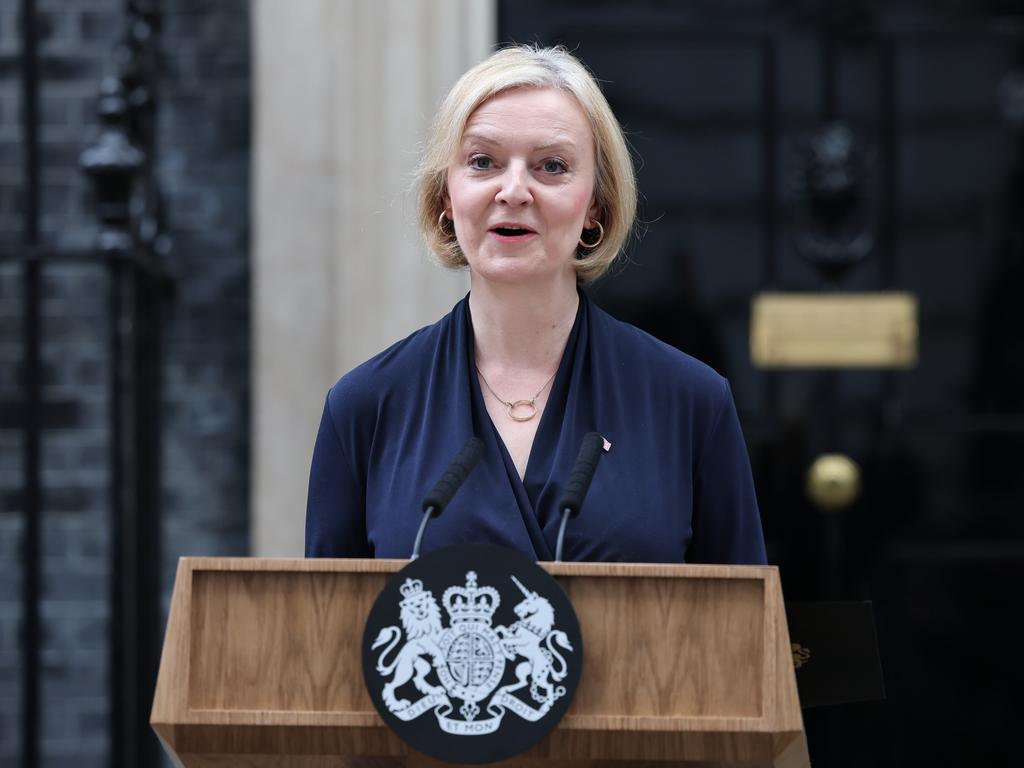

The minute he was ousted from 10 Downing Street was the moment a bruised Boris Johnson thought he could return as Britain’s prime minister for a second term.